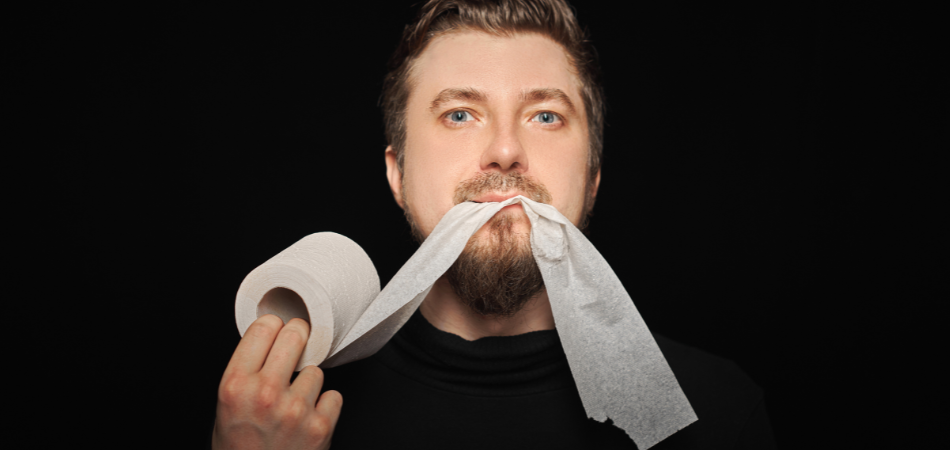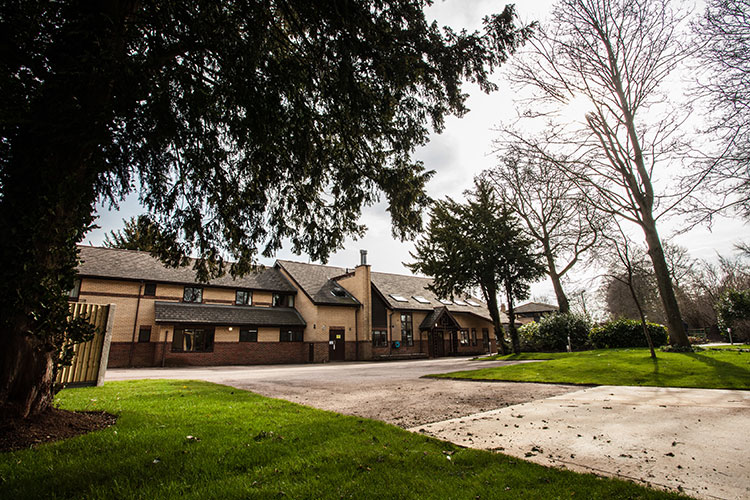
Written by:

Medically Reviewed by:
Last Updated:
January 22nd, 2025
Rehab treatment
Addiction is an illness that affects millions of people around the world. It can take over lives, destroy relationships and lead to serious health problems. It shouldn’t be viewed as just a moral failing or a lack of willpower but a complex condition that requires professional treatment. Rehabilitation offers hope to those struggling with substance issues as it provides tools and support needed to break free from previous habits, heal emotional wounds and rebuild lives.
What is rehab?
Rehabilitation is an approach to help individuals who struggle with substance use disorder. It involves a combination of medical treatments (such as detox), counselling and support groups intended to help the individual break their habits, manage their cravings and learn to live without the need for using.
What can be addictions can be treated at Banbury Lodge:
Alcohol Rehab
Alcohol rehab provides therapy, detox, and support for overcoming addiction. Programs address mental, emotional, and physical aspects, fostering long-term sobriety in a safe setting.
Drug Rehab
Drug rehab offers tailored treatments for overcoming addiction. Services include medical detox, counseling, and relapse prevention, helping individuals regain control and lead healthier lives.
Prescription Drug Rehab
Prescription drug rehab focuses on breaking dependency on medications like opioids, sedatives, or stimulants. Treatment includes detox, therapy, and support to restore a balanced life.
Legal high Rehab
Legal high rehab helps users recover from synthetic or designer drug addiction. Programs combine detox, counseling, and education to rebuild health and prevent relapse in a safe environment.
In what setting is rehab carried out?
Rehab can be carried out in different settings and the type of setting that is suitable for an individual depends on their unique needs and circumstances. Two of the most popular settings are inpatient rehab and outpatient rehab.
Inpatient rehab
Inpatient rehab involves residing at a treatment centre for an extended period whilst receiving round-the-clock medical and therapeutic support from qualified professionals.
Outpatient rehab
Outpatient rehab involves attending regular therapy sessions at a treatment centre while living at home, allowing individuals to continue with their daily activities and responsibilities.
Why should people consider inpatient rehab at Banbury Lodge?
Both inpatient and outpatient rehab programmes can offer effective treatment options but inpatient treatment may be more appropriate for certain individuals or situations. At Banbury Lodge we offer an inpatient, residential rehabilitation option for our clients. We believe that this type of setting provides;
A structured environment
Rehab centre, like Banbury Lodge, provides structure and support to help individuals recover. This includes a safe environment where individuals can focus on their recovery, access to medical and therapeutic assistance and a clear plan of action around the recovery process. This structure helps individuals gain the skills they need to stay sober and live a healthier life.
A Safe environment to detox
Detoxification is an important part of rehab. During this process, a patient’s body is rid of any substances that have been used or abused. Medical detoxification is conducted in a safe and monitored environment with the support of doctors, nurses and other medical professionals.
Access to resources
Rehab centres provide access to resources that can help individuals on their path to recovery. This can include education around healthy lifestyle skills such as nutrition, exercise, communication and more. It also includes access to peer groups, aftercare programmes, 12-step groups and more that can be utilised during the recovery process.
A supportive community
Rehab centres provide support from staff members and other patients that are committed to recovery. These peers are often those who have walked the same journey as the individual seeking treatment. This community can provide an invaluable source of support during the recovery process by providing understanding, accountability and motivation for staying sober.
Additionally, Banbury Lodge provides a specialised rehab treatment programme for adolescents to make sure that people of all ages can find the help that they need.
What does rehab provide to aid recovery?
Although rehab can be very effective in helping individuals overcome their issues, it’s important to understand that rehab alone cannot cure addiction. Instead, it can provide individuals with the tools and skills they need to maintain sobriety. It addresses the physical, emotional and psychological aspects and helps individuals build a foundation for a sober life:
Rehab can aid recovery through:
- Education: Understanding the effects that are had on your mind and body is an integral part of rehab. You will learn about your illness, how it affects your brain and behaviour and strategies to avoid relapse.
- Counselling: Individual and group counselling are essential components of treatment. Counselling helps you to address the underlying issues that contribute to your issues, such as trauma, stress, or mental health disorders. Counselling also helps you to develop coping skills to deal with triggers and prevent relapse.
- Medication-assisted treatment: Medications can help manage withdrawal symptoms and reduce cravings. You may receive medication-assisted treatment as part of your rehab programme based on the issue at hand.
- Aftercare: Aftercare programmes provide ongoing support for you after completing rehab. This includes continued counselling, support groups and education on relapse prevention strategies.
What therapies are used in rehab?
Rehab centres provide a wide range of therapeutic approaches to help treat. These treatments help individuals gain insight into their problems and develop skills for managing cravings and life stressors without turning to the very things that caused the problem in the first place.
The therapies used in rehab can vary depending on the needs of the individual. Some of the more commonly used therapies include:
What health benefits can be achieved after completing rehab?
We can never stress the benefits of leading a drug-free life enough but leading a sober life may be somewhat of a forgotten feeling for some. Our main aim is to help you to get reacquainted with your old self but with a slight added “upgrade”. With that being said, completion of rehab can provide the following:
- Improved mental health: Completing rehab helps you to address underlying mental health issues and better manage them. This can help improve your overall well-being.
- Improved physical health: Rehab helps you to achieve better physical health, such as improved heart and lung function, better sleep, improved nutrition and decreased risk of diseases related to using.
- Increased self-esteem: Rehab helps you to rebuild your confidence and self-esteem, allowing them to feel more in control of your life.
- Improved relationships: Rehab can help you to shift your focus away from the issue and rebuild your relationships with family and friends.
- Long-term sobriety: Rehab can help you achieve long-term sobriety through counselling and therapy, medication management and relapse prevention education.
What is luxury rehab?
Luxury rehab is a premium treatment option designed to provide high-end care for individuals seeking recovery from addiction. These facilities offer a range of upscale amenities such as private accommodations, gourmet meals, holistic therapies, and personalised treatment plans, all set in exclusive environments. Luxury rehab caters to those who can afford a higher price for a more comfortable and discreet recovery experience.
Free addiction treatment options
Free options are available through the NHS and other organisations for those seeking rehab without the high costs. The NHS provides a range of services for addiction treatment, including outpatient counselling, inpatient detox programmes, and support groups, all funded by public health services. To access these free rehab options, individuals typically need to consult their GP, who can refer them to appropriate services based on their needs.
How can I stay sober after completing rehab?
Maintaining sobriety after rehabilitation is crucial for a successful recovery journey.
The road to recovery does not end after rehabilitation; in fact, it is just the beginning. The real challenge lies in maintaining sobriety long-term, which requires commitment, discipline and a support system.
Below, we take a closer look at the best ways to keep yourself sober after the programme has finished at Banbury Lodge;
- Attend support groups – Regular attendance at self-help meetings, such as Alcoholics Anonymous (AA) or Narcotics Anonymous (NA), has been proven to help people stay sober.
- Participate in sober activities – Staying active and participating in activities that don’t involve alcohol can help keep you from feeling isolated and can help keep you from being tempted to use again.
- Develop an aftercare plan – You should work with your treatment team to develop a plan of action for what to do when you leave rehab. This plan should include things like attending meetings, developing a support system and making lifestyle changes that will help you stay sober.
- Stay connected with your support system – Friends, family and professionals can provide an invaluable source of support during recovery. Maintaining connections with these people is key to staying sober.
- Practise self-care – Eating healthy, exercising regularly, getting enough rest and managing stress are all important parts of self-care that can help you stay sober.
Frequently asked questions













